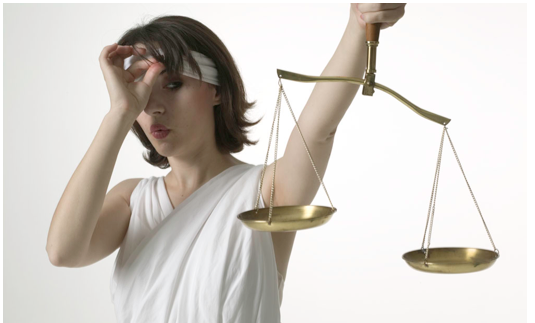

According to well-informed commentators, the majority of the panel are under suspicion of partiality.
At the time of writing, the EPO's file register (warning: epo.org link) for case no. G 1/21 contains around ten anonymous "third party observations" [1] and an impressive number of amicus curiae briefs (warning: epo.org link) – 47 in total.
"The amicus curiae briefs come from a wide range of sources, including individuals, patent attorney associations and large multinational corporations with a great deal of skin in the patenting game, for example Bayer (Monsanto), Siemens, BASF, Philips International B.V., Hoffmann-La-Roche AG and Philip Morris Products."Many of the comments concern suspicions of partiality relating to the internal members of the panel entrusted with the case.
Much of the criticism has centred on the Chairman of the Enlarged Board, Carl Josefsson.
It needs to be recalled here that, in his capacity as President of the Boards of Appeal, Josefsson was directly involved in the introduction of the disputed amendments to the Rules of Procedure of the Boards of Appeal. The involvement of the President of the Boards of Appeal in this amendment procedure is foreseen under Rule€ 12c(2)€ EPC. (Warning: epo.org link)
However, it now seems that Josefsson - in his capacity as Chairman of the Enlarged Board - is insisting on playing a key role in deciding whether or not the amendments which he himself proposed are compatible with the European Patent Convention.
As pointed out by Thorsten Bausch on the Kluwer Patent Blog, this would appear to be in flagrant disregard for the fundamental and generally recognised principle of natural justice, nemo iudex in causa sua, according to which no person should be entrusted with the task of judging a case in which they have an interest.
"Much of the criticism has centred on the Chairman of the Enlarged Board, Carl Josefsson."One pseudonymous amicus curiae brief submitted under the name "Schauinsland" [2] provide a neat summary of the issues in Josefsson's case:
Manifest partiality of the president of the boards of appeal in case G 1/21
The president of the boards of appeal, Mr Josefsson, has decided to put himself as chair in G 1/21.
The succession of facts mentioned above would impose that Mr Josefsson deports himself in G 1/21. Not only he is chairing the case, has contributed to the drafting of Art 15aRPBA2020, but at the same time he has contributed in rushing the whole affair by abiding to the bare minimum foreseen under R 115 when summoning to oral proceedings. In view of his attitude, there is not even the perception that Mr Josefsson would be not prejudiced, he actually is.
"The criticism of the composition of the panel is not limited to Josefsson but also includes the other internal members."The implication here is that Beckedorf has already expressed an opinion on the issues under consideration in G 1/21 thereby effectively disqualifying himself from participating in this referral case.
On IPKat, Flopsy the Bunny made the following comment casting doubts on the impartiality of the majority of internal members of the panel entrusted with case no. G 1/21:
At the meeting where the BOAC "consulted" with users on the new Art 15A, the BOAC was strongly urged to amend the text of the article to make enforced attendance via VICO a purely temporary provision during the pandemic. These submissions were completely ignored on the basis (according to the notice published on 15 December 2020) that new Art 15A "merely clarifies an existing possibility" and thus is already compliant with the EPC. Present on behalf of the Boards at that meeting were the following members of the panel selected for hearing this appeal:
C. Josefsson I. Beckedorf G. Eliasson A. Ritzka
So that's a majority of the panel who have the appearance of partiality.
Josefsson chairing the panel is beyond a joke.
[PDF][PDF][PDF]